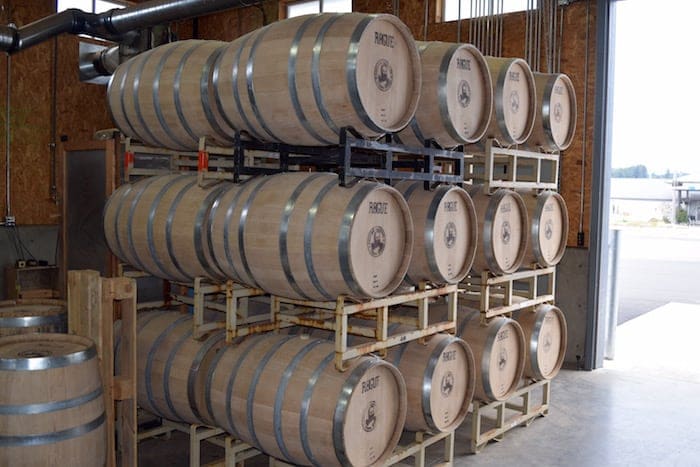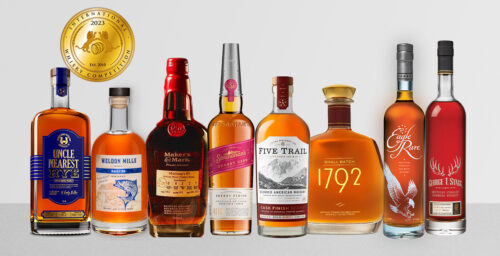As we have discussed in a previous article, the benefits of maturing new make spirit for a period of years in oak casks is undisputed both in terms of appearance and of flavor qualities. Nevertheless the magnitude of the time that is required for spirit to mature “optimally” in cask is a distinct inconvenience to whiskey producers.
Protracted maturation cycles are of the same order of magnitude as typical economic cycles, so that predicting sales can be considered at best to be approximate. Bringing new spirit innovations to market also requires a “wait-and-watch” strategy, creating potential discomfort for marketers looking to take advantage of the latest consumer insight data.

The concept of a shorter, intensified, maturation period therefore offers the opportunity for producers to be more responsive to the ever-changing market and to cycle product innovations more swiftly. So it is unsurprising that there has been substantial interest in accelerated maturation.
The thought that a fully matured spirit can be made in weeks or even months instead of years is seductive, and rightly so. At the risk of being inflammatory, there are two questions here:
1) What are the barriers to accelerated aging?
2) If they are surmountable, should changes in legislation be pursued?
The first question focuses on technical feasibility. I should declare a potential bias here, in that I have sampled some very acceptable spirits that deliver an apparently years-aged spirit in a matter of weeks (but no whiskey examples, yet). What is important though is to understand why accelerated maturation may not necessarily mimic “natural” maturation.
The crux is that whatever agent is applied to speed up aging, usually heat, light, agitation or a combination of these, has an effect on chemical change, and has a different effect on each and every chemical reaction that occurs during the maturation period.
A crude analogy might be conducting an experiment where speed limits for driving are doubled. On the straights that should essentially double the rate of progress, but a tight curve will have a greater impact on the progress of the faster drivers as they have to slow more.
To put that into a more practical context, consider the oxidation of labile chemical compounds at the cask wall:spirit interface, such as the conversion of dimethyl sulfide (DMSO) to dimethyl sulfoxide (DMSO). The process is effectively a two-dimensional, in that the chemistry that occurs is mainly at or near to the casks wall, and, if molecular oxygen is required, is reliant on the diffusion of atmospheric oxygen into the cask.
Diffusion rates of oxygen into the cask will only be modestly affected by increases in spirit temperature, whereas other chemistry (eg acetate hydrolysis from the cask wood) are likely to be more temperature-sensitive. My understanding is that there has been relatively little work done to study the likely impact of temperature on the rate and trajectory of spirit maturation, but with sophisticated data analysis tools such as multi-response kinetic modeling readily available today, there is the opportunity to support practical observations with theoretical study. If the metabolism of a living cell can be modeled, then there is hope that whiskey maturation might also yield to the appropriate theoretical considerations!









